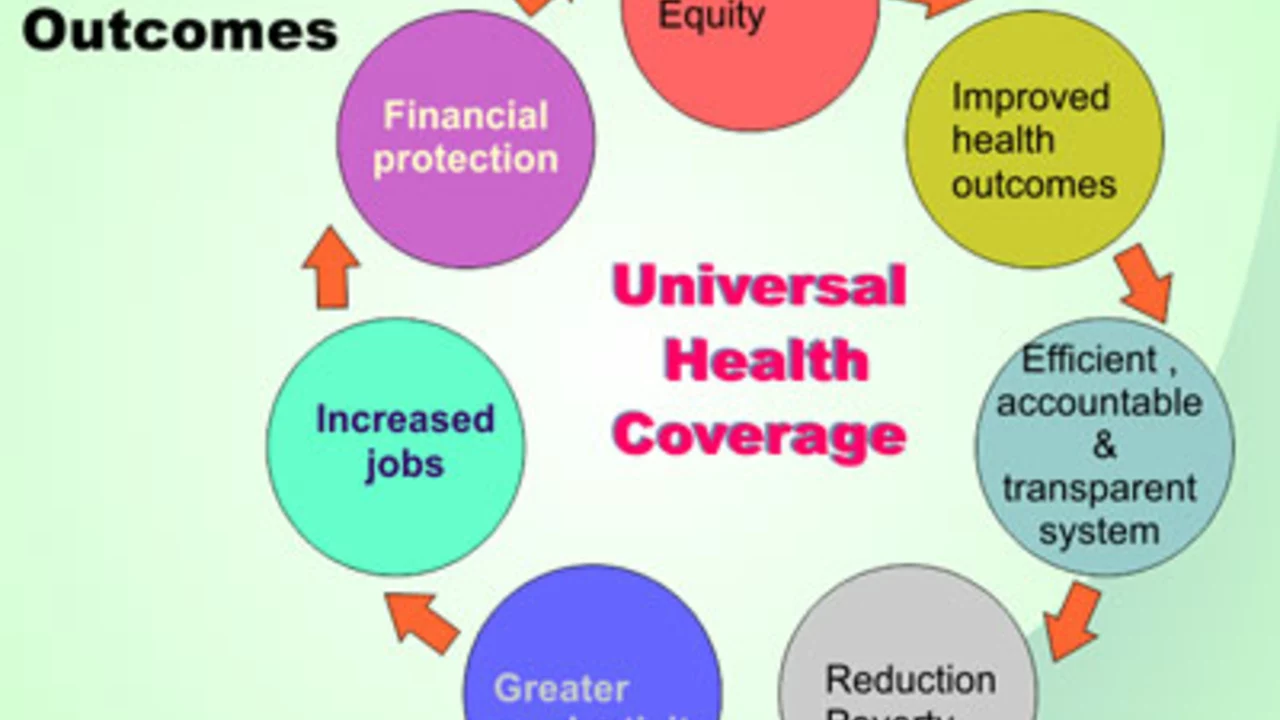The Illusion of Universal Health Care
Universal health care, on the surface, carries an allure that is practically inescapable. It's like the siren song on an ocean of demand, promising a world where all medical needs are met, no one has to empty their wallets for treatments, and everyone has equal access to health care. But as alluring as it is, I, Maddox, am here to take you behind the curtain and unravel the illusion.
In reality, the universal health care system is not as rosy as it seems. There are downsides that are often swept under the rug in the grand painting of this Utopian medical world. There are cogs in the wheel of this theoretically perfect health machine that do more damage than good. I propose we take a flashlight to those corners often left in the shadows.
The Impact on Quality of Healthcare
First off, one under-discussed consequence of universal health care is the potential decline in the quality of healthcare. In a universal healthcare system, a greater number of residents have access to medical services. While this increased access is often celebrated, it also presents a problem: oversaturation.
Given the cost constraints and significant increase in patient load, health care providers may struggle to give ample time and attention to each patient's needs. Also, crowded clinics and long waits become a common sight. As a result, the quality of care provided might diminish. You might be covered by health care, but there's a good chance you're standing in line along with hundreds of others vying for the same services. It's like a Black Friday sale at Best Buy – but instead of fighting for a flat-screen TV, you’re wrestling for a doctor's appointment.
Unnecessary Care and Over Usage
A second head-scratching issue that comes with universal health care is unnecessary care and over usage. If health care is free or low-cost, more people might start using these services even if they think the issue isn't serious. It's like owning a buffet pass but eating three plates even though you're full after the first one. Just because it's there doesn't mean you need it. This overuse can lead to shortages in resources for those who need them more urgently.
The Burden of Tax Increase
We all know that 'free' is never really free, right? So, my third point aligns around that concept. Universal health care is funded by taxpayers, and we're talking about a considerable chunk of change here. If everyone's supposed to get insured, then everyone will have to chip in. And when I say 'chip in', I mean be prepared to part with a significant percentage of your hard-earned income. The burden of taxes will undeniably increase, as will the complaints. And who can blame them? No one likes seeing their paycheck shrink.
Limited Choice for Patients
My fourth argument highlights a fact that often falls on deaf ears in the universal health care discussion: limited choice. In a universal health care system, the patient's power to select their care provider shrinks. The government usually offers a list of approved medical providers, and patients must choose from this. In this way, we're trading choice and control for assurance and coverage. This fact may not trouble everyone, but for those who like to have the steering wheel of their medical journey in their own hands, it might be a bumpy ride.
Increased Administrative Costs
The fifth issue looming like a dark cloud over universal health care is the often-overlooked administrative costs. The paperwork, the bureaucracy, the staff – running a universal health care system is no small feat. And these administrative expenses can be quite draining, economically. It’s like running a lemonade stand where the lemons are free, but you pay a fortune for the cups, straws, and sugar. The squeeze might not be worth the juice.
Potential for Long Waiting Periods
Last, but certainly not least, let's touch upon those dreaded long waiting periods. When healthcare is available to all, demand often overshadows the supply, causing a backlog. This means you will possibly have to wait longer for surgeries, medical tests, and doctor's appointments.
Picture this: You're at an amusement park. You've been waiting for ages, and just when you're at the front of the line for that exhilarating roller coaster ride, the park announcer says, "Sorry folks, we're closed for the day". Medical waiting times can feel a lot like this - both are utterly disappointing and can leave you feeling sick.
So there you have it, folks. As you can see, universal health care is not the cure-all solution to our health system woes. It has its merits, but it's crucial to pull back the magic curtain and see the not-so-pretty picture that comes along with it. Just like that attractive-looking dessert at the buffet table, make sure to flip it over and check what’s on the other side before you pile your plate. Remember, not all that glitters is gold in the world of universal health care.



